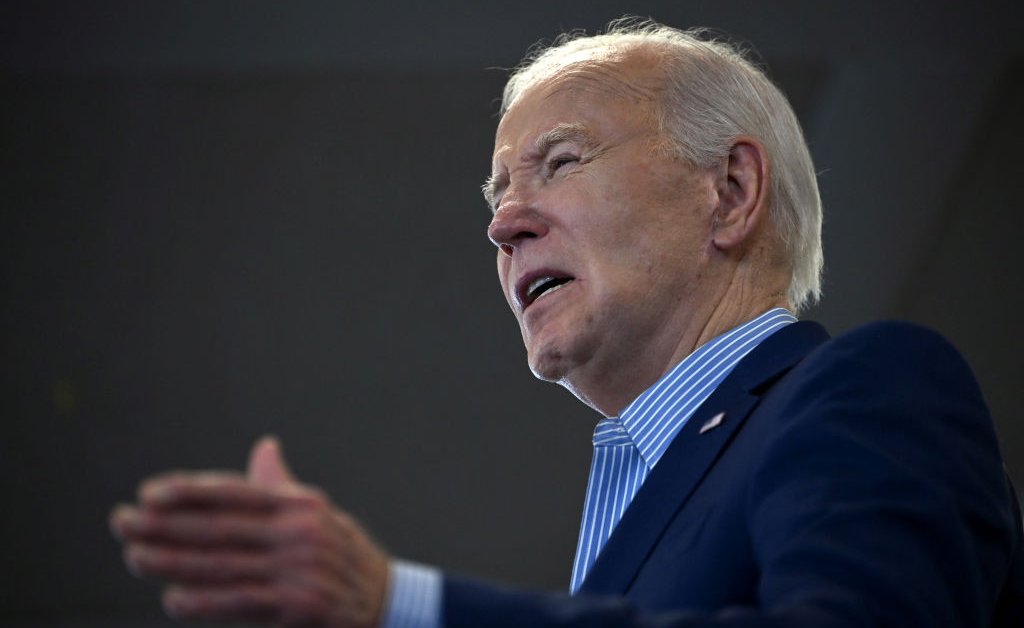The Biden Administration has announced new tariffs on Chinese-made electric vehicles, solar cells, steel, and aluminum, with the electric vehicle tariffs quadrupling from 27.5% to 102.5%. These tariffs are expected to raise $18 billion in imports from China, although China currently exports very few electric vehicles to the U.S., with only one Chinese car maker, Geely, representing less than 1% of the market share in the first quarter of 2024. Despite this, the Biden Administration is concerned about China’s subsidies for its electric vehicle industry potentially allowing it to claim a larger market share in the future.
Treasury Secretary Janet Yellen expressed worries about the impact of artificially cheap Chinese products flooding the global market, potentially threatening the viability of American and foreign firms. President Biden has maintained the tariffs on China put in place by Trump as part of an effort to encourage more American manufacturing. The White House National Economic Council director, Lael Brainard, stated that the tariffs would protect manufacturing workers in states like Pennsylvania and Michigan from unfairly underpriced exports from China that could undermine investments in American jobs.
Some observers believe that the new tariffs are an attempt to preempt potential actions by former President Donald Trump, who has advocated for higher levies on all Chinese goods. The announcement of these tariffs also comes amid heightened tensions between the U.S. and China during an election year, with a significant majority of Americans holding an unfavorable view of China. Beijing has responded to the tariffs by expressing dissatisfaction and calling for dialogue to resolve trade disputes.
The Biden Administration’s decision to increase tariffs on Chinese goods reflects concerns about China’s growing influence in the electric vehicle market and the potential threat it poses to American manufacturers. By imposing higher tariffs, the administration aims to protect domestic industries and workers from unfair competition and ensure that investments in American jobs are not undermined by cheap imports from China. The move also signals a continuation of the previous administration’s tough stance on China and a desire to address trade imbalances and protect American interests in the global market.
Overall, the new tariffs on Chinese-made electric vehicles, solar cells, steel, and aluminum represent a strategic effort by the Biden Administration to safeguard American manufacturing and address concerns about China’s trade practices. While the immediate impact on Chinese electric vehicle exports to the U.S. may be limited, the administration is taking proactive steps to prevent potential future threats to American industries. By maintaining tariffs and engaging in dialogue with China, the administration seeks to balance trade relations while protecting American jobs and businesses in a competitive global market.









